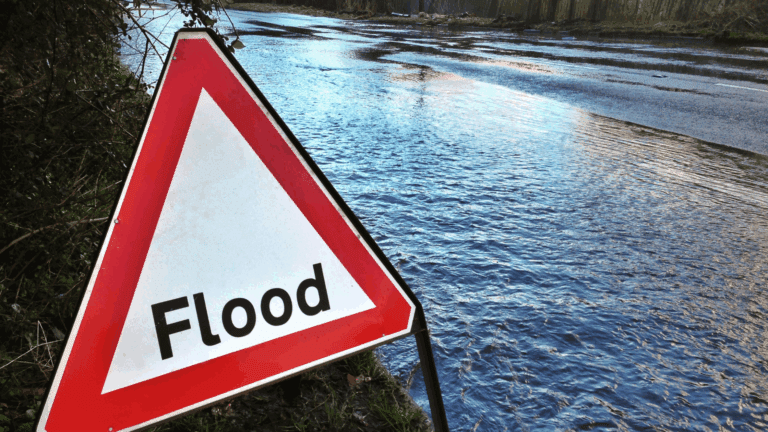
Effective commercial water management requires you to understand how your business uses water, and this includes understanding trade effluent
Water, including wastewater, is a vital cog in any business machine. It’s something most businesses take for granted, but understanding more about how your organisation uses water can help you save on costs and make significant sustainable strides.
And one often-overlooked aspect of business water is trade effluent. If you don’t know what that is, you’re not alone, but getting to grips with it can give you a clearer picture on how your businesses uses – and wastes – water, and what changes you can put in place.
That’s where we come in. We’re here to provide you with all the information you need about trade effluent.
What is trade effluent?
In the Water Industry Act 1991, trade effluent is defined as “any liquid, either with or without particles of matter in suspension in the liquid, which is wholly or partly produced in the course of any trade or industry carried on at a trade premises.”
In layman’s terms, this means that anything which isn’t domestic sewage — such as bath, hand wash, or toilet waste — or uncontaminated surface water and roof drainage — i.e. rainwater — is trade effluent.
This includes wastewater created by production processes, or from washing or cooling activities.

Trade effluent and businesses
Water suppliers and regulators need to be made aware of any trade effluent produced at commercial premises, so that it can be treated safely. While wastewater discharges from pubs, restaurants, hotels, takeaways, and caravan parked aren’t technically classified as trade effluent, they are regulated under the Water Act.
The consequences of failing to report trade effluent can be significant. Businesses found to be discharging fats, oils, greases, and food scraps into the sewer can be prosecuted, as these items can cause blockages or compromise safe operations.
Trade effluent can damage sewers, sewage treatment processes, and water courses. It can also put the health and safety of those water in or around sewer networks at risks.

What to do if there’s a spillage
Honesty is the best policy when it comes to trade effluent. Prompt action can prevent or minimise any discharge to your site drains and the sewer networks attached. Any material spilled should be prevented from entering drains as soon as possible, but if any does get into the site drainage system, you need to contact your water regulator.
Site drainage plans and safety data sheets should be available to team members at all times, and it’s important to have incident procedure plans in place so that employees can familiarise themselves with them, and know what to do should an incident occur.
Taking appropriate action
If you plan to discharge anything other than domestic waste into a drain connected to a public sewer, you need to let your water supplier or the Environment Agency know. This allows you to obtain consent before any action is taken, as it is a criminal offence to discharge trade effluent without permission. Doing so could see you facing legal action and large fines.
Generally speaking, there are two kinds of trade effluent authorisation: permanent and temporary. The former is necessary if your business manufactures or processes materials like chemicals, food and drink, or metal finishing, or if you run a car wash or laundrette. Temporary authorisation is necessary for short-term discharges.

Contact Everflow today!
At Everflow, our goal is to make your utilities simpler. We ensure you get great-value contracts that are tailored to your needs and easy to manage.


